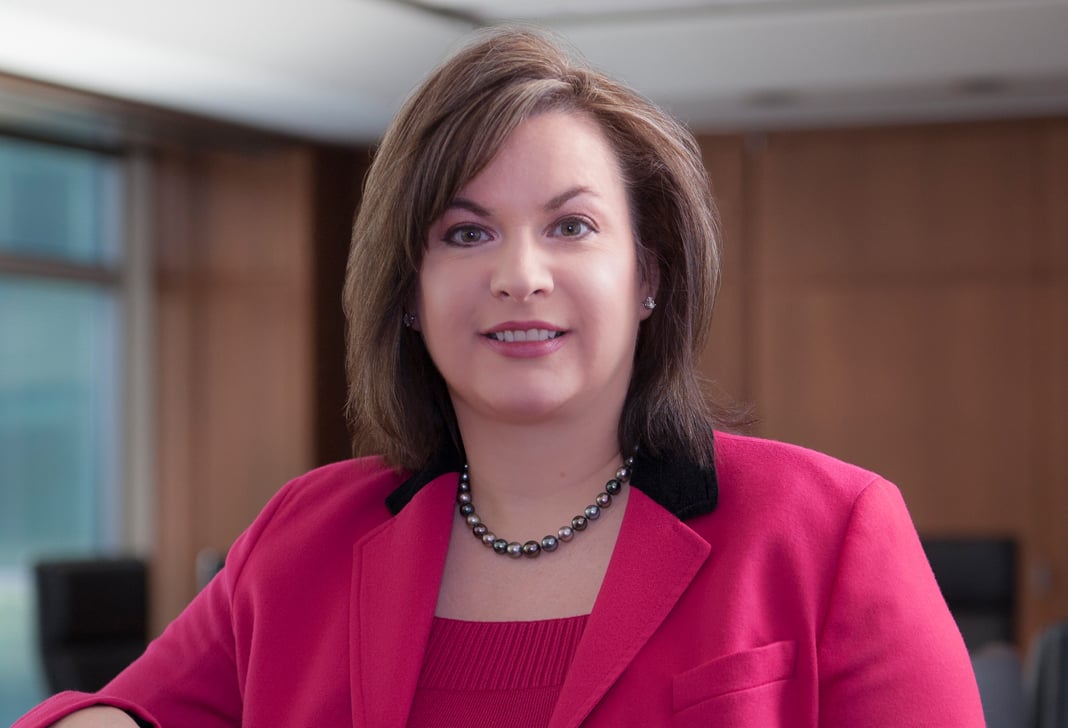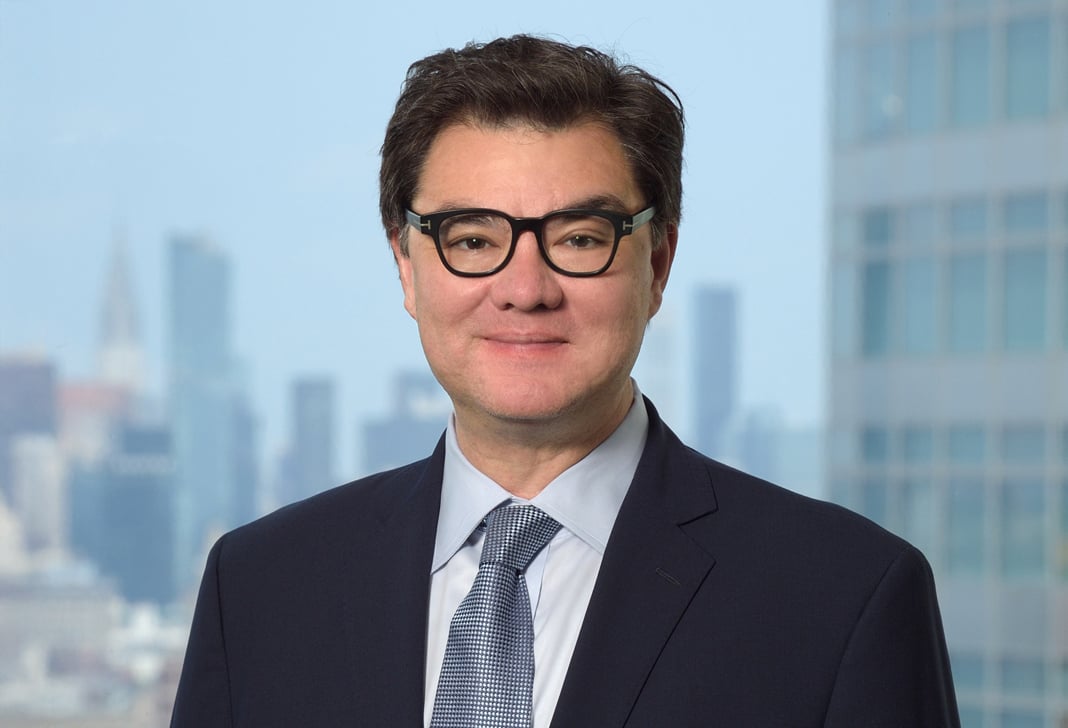
Court Rules That Initial Transfer Need Not Be Avoided Before Recovery From Subsequent Transferee
The United States Bankruptcy Court for the Southern District of New York has ruled that a creditor or trustee seeking to recover a subsequent transfer under Section 550(a) of the Bankruptcy Code need not obtain a judgment of avoidance against the subsequent transferee before proceeding with the recovery action.
The trustee appointed under the Securities Investor Protection Act ("SIPA") to oversee the liquidation of Bernard Madoff's securities firm began proceedings in 2009 to recover funds from transferees who had received funds from Madoff's Ponzi scheme. In September 2021, the trustee filed suit against four universities to recover funds that came indirectly from Madoff's firm. Picard v. Hebrew University of Jerusalem, et al., Adv. Proc. No. 21-1190 (Bankr. S.D.N.Y.). The funds had initially been transferred from Madoff's firm to a charitable foundation and were subsequently transferred to the defendant universities.
In 2020, the trustee obtained a judgment avoiding the initial transfer to the charitable foundation, and a year later brought a recovery action against the defendants under Section 550(a) of the Bankruptcy Code and the relevant provisions of the SIPA. Section 550(a) of the Code provides that the trustee may recover funds from subsequent transferees "to the extent that a transfer is avoided" under another section of the Code (emphasis added). The defendants, however, argued that the order avoiding the initial transfer bound only the charitable foundation and not them—and that such a binding order was a prerequisite for a recovery action against them. Moreover, they argued, it would now be impossible for the trustee to obtain an avoidance judgment binding them because Section 546(a) of the Code provides that any avoidance action must be brought within two years of the date of the bankruptcy petition—and that deadline had long expired.
In a decision issued on March 28, 2023, the Bankruptcy Court ruled in the defendants' favor on personal jurisdictional grounds. Nevertheless, the Bankruptcy Court chose to address the defendants' avoidance argument anyway—and rejected it. Sec. Inv. Prot. Corp. v. Bernard L. Madoff Inv. Secs. LLC, 2023 WL 2667531 (Bankr. S.D.N.Y. Mar. 28, 2023). The court held that, in order to recover a subsequent transfer, the trustee was required only to plead that "the initial transfer is avoidable." In other words, the trustee did not "require an actual judgment of avoidance" against the subsequent transferee before proceeding with a recovery action. The implication of the court's holding was that the trustee's recovery action was not untimely simply because the trustee had not sued the subsequent transferees to avoid the initial transfer within Section 546(a)'s two-year statute of limitations. Rather, the court's ruling suggested that the relevant time limit was provided by Section 550(f)(1) of the Code, under which a recovery action must be commenced within "one year after the avoidance of the transfer on account of which recovery under this section is sought"—and the trustee's action was thus timely.





